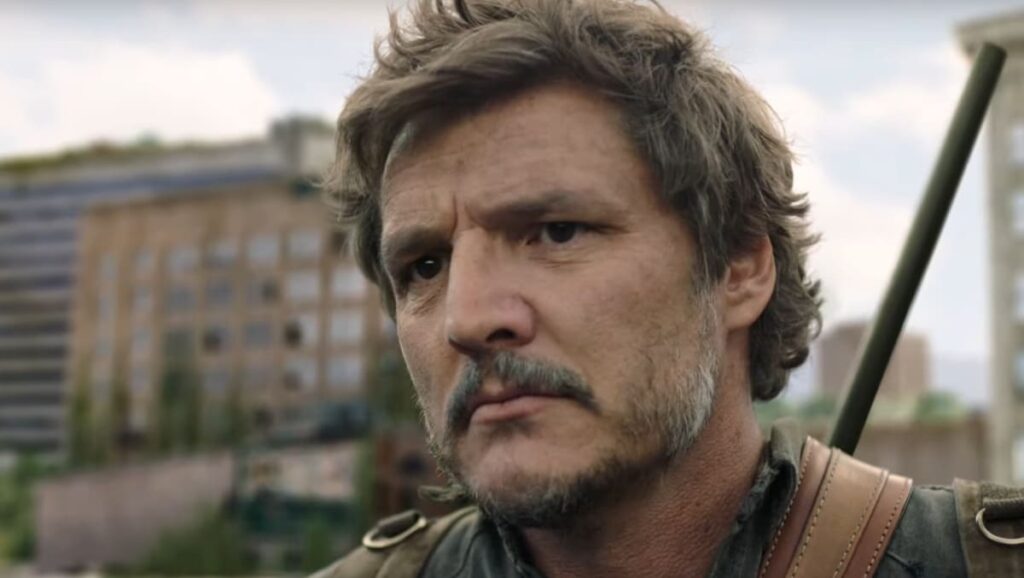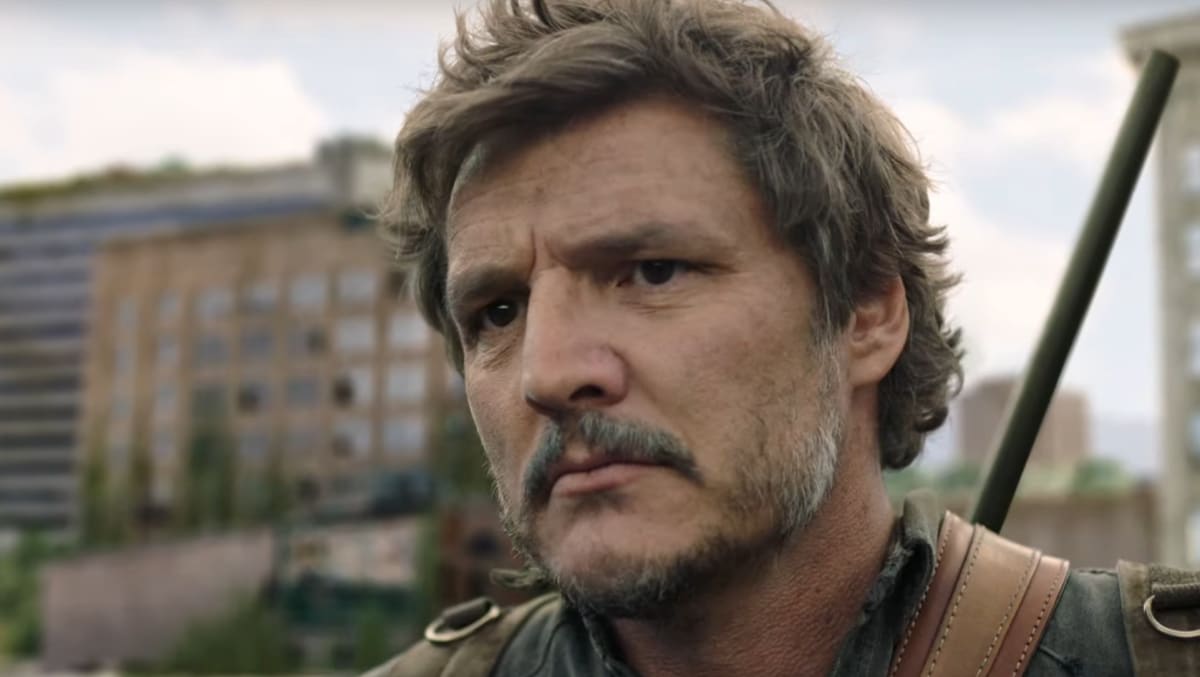Doomer TV is an odd sort of fictional proof that in the land of the free and the home of the brave, things can still go south quickly.
Most people in America have never experienced the hardship of third-world nations, their economies, or totalitarian despotism.
Seneca, a philosopher and satirist in ancient Rome, put it simply: “I judge you unfortunate because you have never lived through misfortune. You have passed through life without an opponent — no one can ever know what you are capable of, not even you.”


The exceptions, of course, are migrants and U.S. Service members, but Doomer TV likely hits closer to home for them than it does for most.
The COVID-19 pandemic is as close to the fictional universes of The Last of Us and Station Eleven that modern generations in America will get… hopefully.
That’s not to diminish the hardship many endured throughout the pandemic. It’s only a point of comparison to real-life circumstances that are perpetual in less fortunate nations and fictional worldwide obliteration.
It’s death’s featherlight caress against the likes of the Black Plague, which wiped out 2/3 of some towns and communities. As it is, these fictional universes are dark apparitions — signs of what could be.
While fungal zombie mutations are a stretch, providing the audience with a chronic antagonist, the idea that a disease can wipe out most of humanity is not.


Even more worrisome is the idea that the next unstoppable world slaughtering microscopic viruses or bacteria is probably sitting in a series of vials somewhere or working its way through a series of mutations that will eventually jump to humans.
It’s a sobering thought. Doomer TV shows like The Last of Us and Station Eleven depict potentialities but often fail to adequately convey “the before” outside of snippets and flashbacks.
When no more hands are working in the fields, drivers transporting produce, and stockers unloading them into grocery stores, the real problems begin. Few things stir the human body into action like starvation.
Things get real once the stores are emptied and all the goods transported are gone, especially in cities where self-sustainability is virtually impossible.
Doomer TV “hits close to home” because it doesn’t hit home. Just close. The capacity of human savagery rests beneath the cracked veneer of a fabricated surface.


Sure, we see humans being awful to each other, tugging at that primal aptitude long ago buried deep within our civilized and ‘enlightened’ subconscious.
Some call it the ‘lizard brain,’ and we all laugh at the metaphor, never dreaming of what the lizard brain rising to the surface out of fear and starvation is actually capable of.
Yellowjackets taps into that terrifying potential, more so than other futuristic, dystopian nightmares, and in a more subtle, petite fashion (a small group versus a large society).
Humanity is blessed with an astonishingly creative mind, yet we can only imagine so much within the realm of inexperience. As such, Doomer TV can only briefly touch those innate impulses — the natural proclivity to survive at all costs.
It’s why we feel ever so slightly disturbed, readjusting on the couch even though we’re not physically uncomfortable. We grit our teeth slightly, perhaps even look away, ashamed of an intramural awareness we can’t quite describe in words.


Panic is a brutal feeling, and, in a way, shows like The Last of Us, Station Eleven, Fallout, and Y: The Last Man are able to capture that essence, at least visually.
The closest I can bring you is this: Expel all the air from your body and hold your breath until you absolutely cannot hold it a moment longer. Now, imagine the ambulance is still two miles down the road.
Doomer TV often has trouble capturing these raw elements — the reactive moments of human instinct and nature in the face of horror and choices none of us have or will likely ever face.
Perhaps that’s why we love it so much. It serves as a pseudo-contrition, as we allow the spoon of Doomer TV to ever-so-slightly stir the inky blackness within. The demon that should not be woken.
It’s what made The Walking Dead so immensely popular. It drove Game of Thrones into the stratosphere long before David Benioff and D.B. Weiss disassembled it with all the zeal of a drunken dog that accidentally got into some methamphetamines.


Shows like Silo spend a lot of time focusing on the societal impact of post-apocalyptic life, while The Last of Us is a journey of individuals amidst society as an abstract.
Really good Doomer TV combines these elements into one cohesive story. Each plays off the other in a symphony of depravity, oppression, resistance, and heroism.
Stephen King’s The Stand, The War of the Worlds series, Colony, Wayward Pines, and Into the Badlands only achieved fleeting moments that hit close to home.
The very best futuristic dystopian visions, built on the backs of realism and human psychology, last much longer and resonate with our darker natures.
It’s the things we talk about behind closed doors — the shameful imaginings individuals will never share with another human soul.


After all, if Joe Smith talks about what he’d like to do to the guy who pulled out in front of him at a busy intersection, poor Joe may end up committed.
The characters who fill the imaginary worlds of Doomer TV are those imaginings made real, at least to a degree, and only insofar as TV ratings, the trappings of civilized society, and our own sensibilities will allow.
No matter how bleak, despairing, and hopeless decaying societies on TV appear to be, nothing can compare to what a starving mother might do for herself and her starving child.
Doomer TV is merely an echo, the dirty word no one wants to speak aloud, the possibility that no one wants to admit.


Because if we had to admit it, it would shatter the glossy facade. We wake up, go to work, come home, make dinner, hug our loved ones, talk about our day, and settle in for a new episode of The Last of Us.
But somewhere, deeply ingrained in our DNA, buried in the darkness far below the surface, is the caveman, backed into a corner by a warring tribe, with nothing else to lose.
Have some of these shows hit a little too close for your comfort, or do you enjoy seeing something a little darker, which makes the real world seem a little lighter?
Share your thoughts in the comments below!
